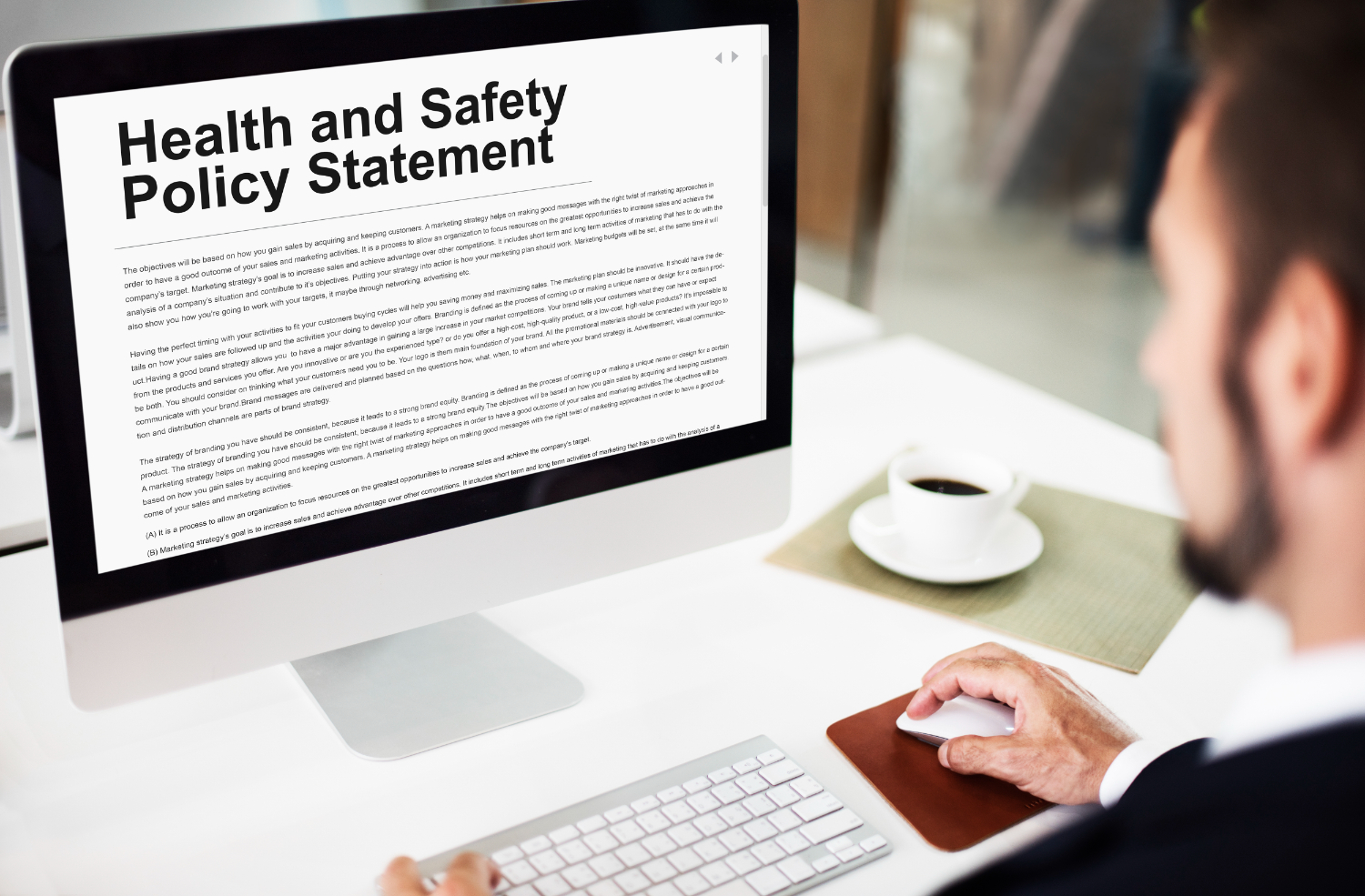Understanding RIDDOR (Reporting of Injuries, Diseases and Dangerous Occurrences Regulations) is crucial for maintaining a safe workplace. RIDDOR requires employers, managers, and business owners to report specific incidents to the Health and Safety Executive (HSE). This helps track workplace injuries and diseases, ensuring preventive measures are in place to avoid future issues.This article will focus on the top five things that must be reported under RIDDOR. Understanding these requirements will help you keep your workplace safe and legally compliant. By the end, you should clearly know what needs reporting and why it matters.
Understanding RIDDOR Reporting
RIDDOR stands for Reporting of Injuries, Diseases and Dangerous Occurrences Regulations. These regulations require employers, supervisors, and self-employed people to report specific serious workplace incidents. The goal is to ensure that health and safety risks are appropriately managed and mitigated.When an incident that falls under RIDDOR occurs, it must be reported to the Health and Safety Executive (HSE). This helps keep track of potential hazards and prevents future accidents. Reporting is usually done online, and the information collected allows the HSE to monitor workplace safety across the UK.Strict guidelines govern what needs to be reported, which can lead to severe penalties. Reports help create safer workplaces by identifying common risks and improving safety regulations. Understanding what must be reported is essential for compliance and safety.
5 Things That Must Be Reported to RIDDOR
Knowing what incidents need reporting under RIDDOR can help ensure compliance and workplace safety. Here are the five key things that must be reported:
1. Work-Related Fatalities
Any death that occurs as a result of a work-related accident must be reported immediately. This includes fatalities involving employees, contractors, or members of the public.
2. Major Injuries
Serious injuries that necessitate hospitalisation or result in permanent damage also need reporting. Examples include fractures (except fingers, thumbs, or toes), amputations, and severe burns.
3. Occupational Diseases
Certain work-related illnesses must be reported if they are caused or made worse by workplace conditions. These include diseases like carpal tunnel syndrome, occupational asthma, and tendonitis.
4. Dangerous Occurrences
These near-miss incidents could have led to significant harm but did not. Examples include explosions, equipment failures, and chemical leaks. Reporting such occurrences is critical, as it helps identify and mitigate potential risks.
5. Injuries Leading to Over 7 Days of Absence
This must be reported if an employee cannot work for more than seven consecutive days due to a work-related injury. The seven days include weekends and rest days.By being aware of these five categories, businesses can ensure they fulfil their legal obligations under RIDDOR. Reporting these incidents helps create a safer working environment and prevents future accidents.
Why Reporting to RIDDOR is Important
Reporting incidents to RIDDOR is crucial for several reasons. First and foremost, it helps maintain a safe working environment by identifying hazards and taking steps to mitigate them. When accidents and near-misses are reported, businesses and regulatory bodies can study these incidents and develop better safety protocols.
1. Legal Compliance
Adhering to RIDDOR regulations is a legal requirement. Failure to report qualifying incidents can result in severe fines, legal action, and reputational damage. Complying with these laws helps businesses avoid these penalties and maintain good standing.
2. Improved Workplace Safety
Reporting incidents provides valuable data for improving workplace safety measures. This information can help identify patterns or recurring issues, allowing for targeted interventions to prevent future accidents and illnesses.
3. Employee Well-being
When workers know their safety is a top priority, their morale and productivity improve. Reporting incidents shows employees that the organisation takes their health and safety seriously. This can lead to a more engaged and loyal workforce.
4. Risk Assessment and Management
Detailed reporting helps assess risks accurately and manage them effectively. Companies can tailor their risk management strategies to address specific hazards by understanding the types of incidents.
FAQs About RIDDOR Reporting
1. What is RIDDOR?
RIDDOR stands for Reporting of Injuries, Diseases and Dangerous Occurrences Regulations. It mandates the reporting of specific serious workplace incidents to the HSE.
2. Who is responsible for reporting to RIDDOR?
Employers, self-employed individuals, and persons in control of work premises are responsible for reporting relevant incidents to RIDDOR.
3. How do I report an incident to RIDDOR?
Most incidents can be reported through the HSE’s online reporting system. Sometimes, you may need to fill out and submit specific forms.
4. What happens if I don’t report an incident?
Failure to report qualifying incidents under RIDDOR can result in severe penalties, including hefty fines and potential legal action.
5. Are there any exceptions to RIDDOR reporting?
Yes, some minor injuries and events that do not meet the specific criteria set out by RIDDOR do not need reporting. Always consult the RIDDOR guidelines to ensure compliance.
6. How quickly must I report an incident?
Most incidents should be reported immediately, especially in fatalities or serious injuries. Other types of incidents should be reported within ten days of occurrence.
7. Can I report incidents anonymously?
Generally, RIDDOR requires the person in charge to identify themselves when reporting. However, safety concerns can be raised anonymously through other HSE channels.
Conclusion
Understanding and adhering to RIDDOR regulations is essential for creating a safe and compliant workplace. Reporting incidents such as work-related fatalities, major injuries, occupational diseases, dangerous occurrences, and injuries leading to extended absences is vital.These reports help businesses avoid legal penalties and enhance workplace safety and employee well-being.By regularly reporting and reviewing incidents, businesses can identify potential hazards and take corrective actions to prevent future accidents. This proactive approach leads to a safer work environment, improved employee morale, and better risk management.
CR Training Solutions can help with
professional health and safety training. We offer accredited programmes tailored to meet your business’s specific needs. Contact CR Training Solutions today to ensure your workplace is compliant and safe.




